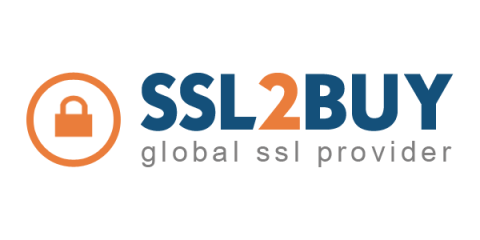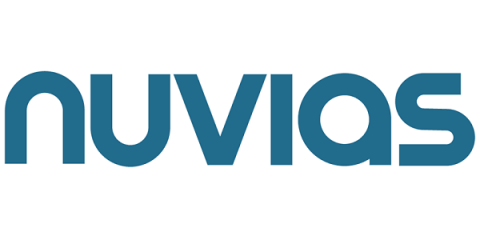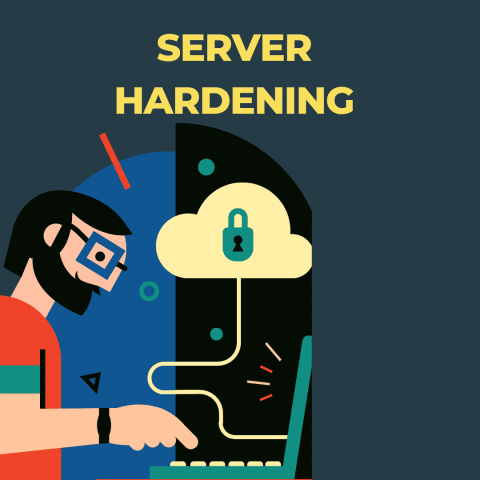The Kroll Intrusion Lifecycle: Threat Actor Behavior from a Visual Perspective
Across the thousands of cyber incidents that Kroll’s global team investigates every year, our experts are constantly on the hunt to spot established patterns of threat actor activity—and to discover new ones. In observing attack patterns, our experts discovered that threat actors like repeatability. Certain actors can be predictable not only in how they attack, but also in the tools and tactics they use once they have access.










